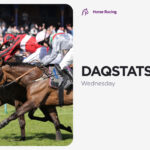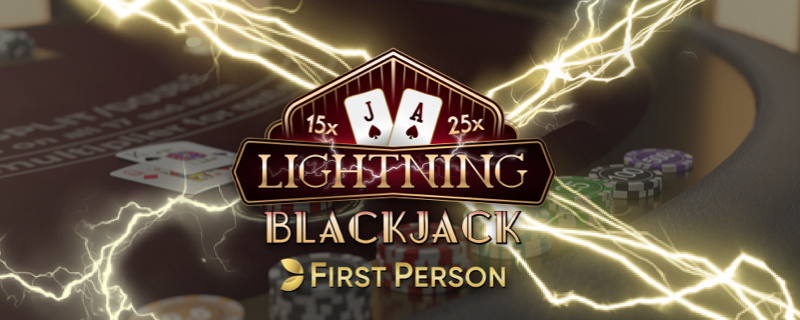BETDAQ TRADER INTERVIEW: In the latest of our series of interviews with BETDAQ traders Stephen Maher catches up with full-time sport trader GRAHAM aka @sportstrader32 to find out how he approaches trading on BETDAQ.
Stephen Maher: So for anyone who doesn’t know you, can you tell us a bit about yourself?
Graham: Sure, I am Graham aka @sportstrader32, I have been trading on sports exchanges since 2010 focusing mainly on football markets and now I use my own pricing models to systematically place bets on the European football Leagues (German, Dutch, Scandi, Spanish).
Stephen Maher: And how did you get into trading?
Graham: I’ve always had an interest in the markets and coming from a financial background I got into sports trading via an article on Bloomberg that was discussing Sports Hedge Funds. As someone based in the city this sounded like an extremely attractive opportunity so I started to get familiar with the sports exchanges. The option to back/lay, lock in profit, trade in-play was hugely compelling and challenging at same time and I completely immersed myself in learning about the trade. I followed services (never found a profitable one!), contributed to forums and was pretty active on twitter which all helped me to learn the right and wrong way to do things.
Stephen Maher: I see from Twitter you’re big into stocks trading. What skills do you think transfer over between sports trading and stocks trading?
Graham: The principles of risk management, discipline and capital protection are equally important to both disciplines. It is very important to formulate a strategy that has a statistical edge and clear rules and to then follow these rules without exception. A good trade is one where you followed your rules for entry/exit regardless of outcome. Winners that come from poor execution and a lack of discipline breed more of the same and eventually will catch up with you!
Stephen Maher: If you had to choose sports or stocks, which one would you go for and why?
Graham: Hard to say. Sport is more tangible, the outcome is transparent (corruption aside) and to trade prolonged periods it is also a more enjoyable spectacle to follow. Financial markets though have a lot more liquidity and are more continuous which enables longer term position taking and trade management. Identifying a trend and compounding positions and profits as that trend develops can accelerate profit in a way that is not really possible in short term sports trading or outright betting aside from picking huge odds horses or Leicester to win the Premiership. I will continue to look to be active in both fields.
Stephen Maher: How many hours do you spend trading per week on average?
Graham: These days, very little, I don’t do any in-play as I don’t have a mechanism to price the markets or the time to sit and watch a load of sport. I used to do this though, Saturdays would begin with Bundesliga II at 11.30 and end with the Brasilian league in the early hours of Sunday morning. Now I stick to leagues where I have a good track record and there are weeks where I do not bet at all. I run my prices twice a week in the early hours and that is it. My criteria will filter out most games and then I analyse a small sample to see if there are any opportunities. If I can find the smallest reason not to bet then I don’t.
Stephen Maher: What do you think Betdaq could do better to market their football markets?
Graham: Be more aggressive in differentiating the platform and building liquidity. We all want deeper markets and a reliable platform with as low a commission as possible.
Stephen Maher: When football betting/trading, do you prefer to use models or would you price in-running yourself as the game develops? Maybe a bit of both?
Graham: I use pricing models, which I have adapted from some of the pre-eminent works in the field, I also have a strong disregard for head to head stats. Squads and club management change so much these days that I don’t see how a result 2 years ago as any impact on the current season. Take Man Utd and Chelsea this year.. What happened 2 years ago, 5 years ago etc is in my mind completely irrelevant. I don’t trade in-play as for me it’s difficult to price or find inefficiencies in the market and secondly I would have to be watching the event live which is an inefficient use of my time.
Stephen Maher: And how was trading Euro 2016 for you? Any big wins or losses?
Graham: Typically I don’t bet international markets as the stats aren’t strong enough. For an interest I had a few bets, I had Germany in the outright and dabbled with a few in-play punts laying correct scores late on as there were so many late goals, problem is the prices started to adapt to this trend. Biggest win was England to beat Wales 2-1 in the correct score market and also over 1.5 goals in France/Albania just before Griezmann scored. I didn’t have any serious bets on the table though and hence no big losses. I was frustrated I didn’t lay England in every game as sadly that proved yet again to be the standout value play!
Stephen Maher: See any major changes to the Industry in the rest of 2016?
Graham: Not really. There is always a concern around match fixing and negative incentives to sports professionals to manipulate the outcome of an event and the impact this may have on betting legislation. I recall the days when certain Serie B matches would appear with the draw at 1.29 with 24-48 minutes before kick off and with 10x volume traded. I am not as close to the markets these days to see if these practices still exist but while the possibility of market abuse exists I think there will always be a risk of increased regulation/legislation which could impact the very existence of sports betting markets.
Stephen Maher: Thanks Graham! You can follow Graham on Twitter @sportstrader32
£25 IN FREE BETS








